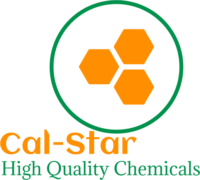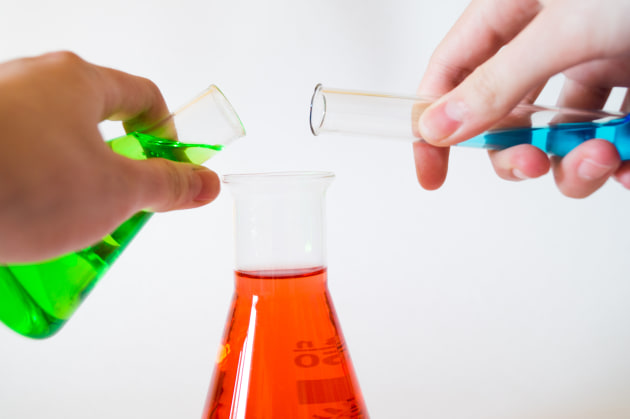Organic solvents play a crucial role in numerous industrial processes, offering versatility and efficiency in dissolving, extracting, and cleaning various materials. These solvents, derived from organic compounds, facilitate chemical reactions and enhance product formulation across multiple industries. This overview explores the diverse applications and types of organic solvents used in industrial settings.

Organic Solvents in Industrial Applications
Solvents in Chemical Synthesis
Organic solvents are fundamental in chemical synthesis, providing a medium for reactions and aiding in the purification of products. Solvents like toluene, dichloromethane, and acetone are commonly used in laboratories. Also, in manufacturing plants to dissolve reactants, control reaction rates, and isolate desired compounds. Their ability to dissolve a wide range of substances makes them indispensable in producing pharmaceuticals, agrochemicals, and specialty chemicals.
Cleaning and Degreasing Agents
In the cleaning and degreasing industry, organic solvents are prized for their ability to remove oils, greases, and other contaminants from metal parts, machinery, and electronic components. Solvents such as trichloroethylene, perchloroethylene, and n-hexane efficiently dissolve contaminants, ensuring that surfaces are free from residues. This application is particularly vital in automotive, aerospace, and electronics industries, where precision and cleanliness are paramount.
Paints, Coatings, and Inks
The formulation of paints, coatings, and inks heavily relies on organic solvents to dissolve resins, pigments, and additives, facilitating smooth application and quick drying. Solvents like xylene, ethyl acetate, and butyl acetate are integral to producing high-quality coatings that offer durability, gloss, and resistance to environmental factors. In the printing industry, solvents in inks ensure proper viscosity and drying times, enhancing print quality and adhesion.
Pharmaceutical Manufacturing
In pharmaceutical manufacturing, these are essential for synthesizing active pharmaceutical ingredients (APIs) and formulating medications. Solvents like ethanol, methanol, and isopropanol are used to extract, purify, and crystallize APIs, ensuring high purity and efficacy. Additionally, these solvents aid in producing tablets, capsules, and injectable formulations, highlighting their critical role in drug development and production.
Extraction and Purification Processes
Organic solvents facilitate the extraction and purification of natural products, essential oils, and bioactive compounds from plants and other sources. Solvents such as hexane, methanol, and chloroform in extraction processes to isolate valuable components, for use in food, cosmetics, and pharmaceuticals. Their selective solubility properties make them ideal for separating complex mixtures into individual constituents.
Polymer and Plastic Production
The polymer and plastics industry extensively uses organic solvents in producing synthetic polymers, resins, and plasticizers. Solvents like benzene, toluene, and acetone dissolve monomers and aid in polymerization reactions, resulting in materials with specific properties and applications. These solvents are part of producing adhesives, sealants, and coatings, contributing to the wide range of polymer-based products available in the market.
Conclusion
These are indispensable in industrial applications, offering versatility and efficiency in chemical synthesis, cleaning, coating formulation, pharmaceutical manufacturing, and more. Their unique properties enable them to dissolve a wide range of substances, facilitating various industrial processes and enhancing product quality. As industries continue to evolve, the role of organic solvents remains pivotal in driving innovation and efficiency.




